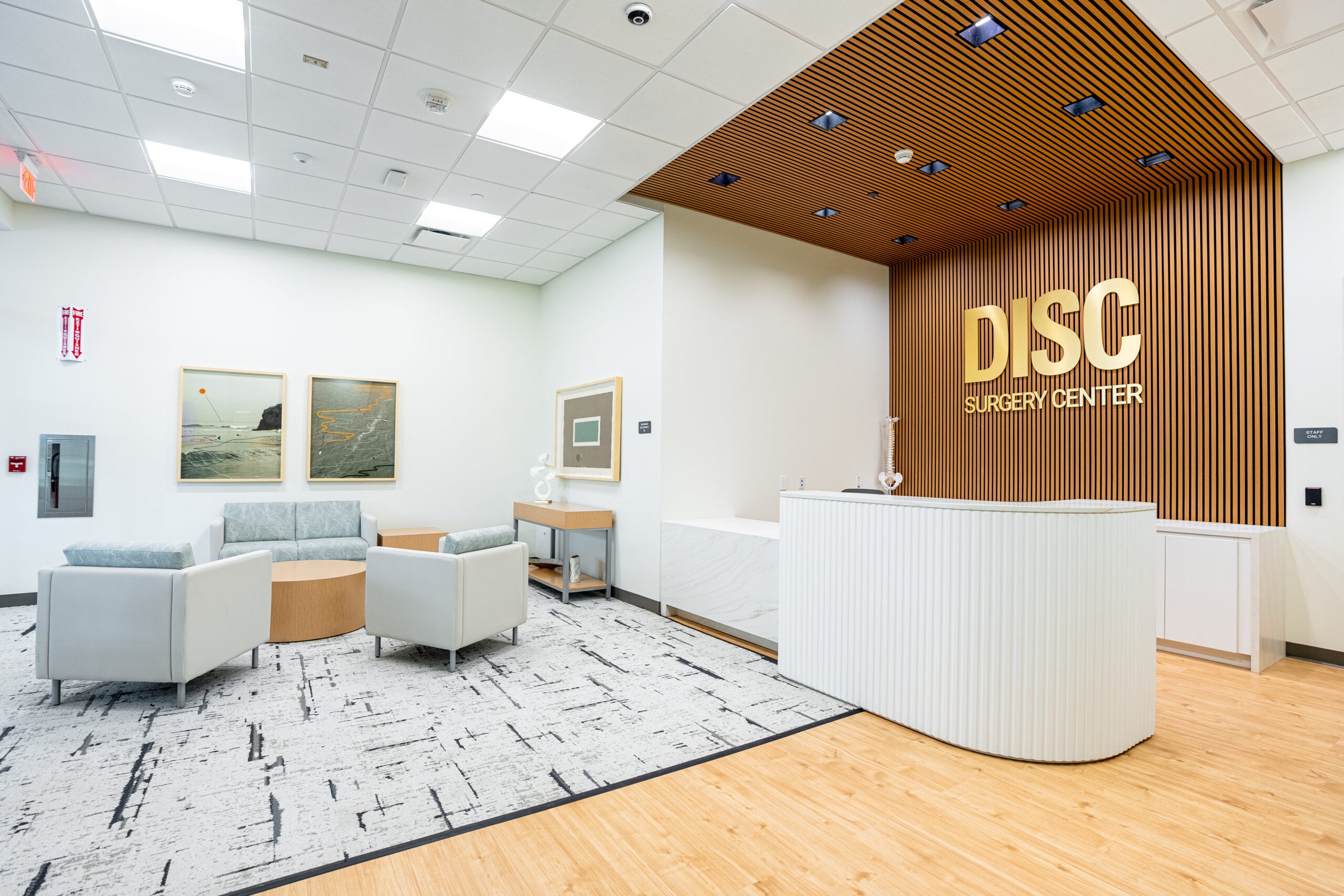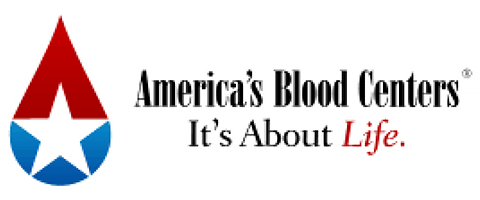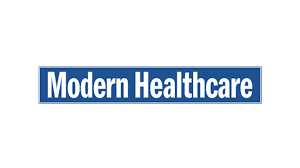
Editor's Note The US Department of Commerce has initiated national security investigations that could trigger new tariffs on a wide range of imported medical products, with potentially far-reaching effects for healthcare providers, Reuters September 24 reports. The probes, opened under Section 232 of the Trade Expansion Act of 1962, cover…

Growth is the goal in any ASC—growth in volume, growth in profits, and often growth to new locations. For DISC Surgery Centers, which just opened its sixth ambulatory surgery center (ASC) through parent company TriasMD, that growth has been the result of many factors. A key driver, according to Frank…

Editor's Note Perioperative leaders are reshaping how surgical care is delivered, making pragmatic adjustments in the face of supply shortages, staffing constraints, and shifting surgical volume toward ambulatory surgery centers (ASCs). Together, the latest three OR Manager pulse polls reveal a profession managing high stakes with a mix of caution,…

Editor's Note The Food and Drug Administration (FDA) officially declared the nationwide shortage of sodium chloride 0.9% injection products over, saying a critical supply line for hospitals and surgical teams is restored. According to an August 8 statement from FDA Commissioner Martin A. Makary, MD, MPH, the resolution marks a…

Editor’s Note: This page is a companion piece to the main article, Emergency preparedness: Identifying essential supplies for unplanned surgical events. While the main article outlines the principles of emergency readiness and supply preparation in the OR, the posts below offer a closer look at two key implementation areas: Supply…

The ongoing turbulence in global trade policy, particularly the re-escalation of tariffs on medical supplies from China and other countries, is weighing heavily on US healthcare operations. Sweeping US trade policy shifts this year are sparking great concern, but while 2025 has seen unprecedented tariff escalations and supply chain volatility,…

Editor's Note Hospitals spent nearly $900 million in labor last year managing drug shortages, dedicating over 20 million hours to activities such as sourcing alternatives, updating systems, and communicating with care teams, according to a new Vizient survey published June 17. Conducted in late 2023 and detailed in Vizient’s June…

Editor's Note Recent reporting from Axios reveals hospitals and health insurers are reporting new concerns about rising tariffs and trade policy uncertainty, with the former delaying purchasing decisions and the latter planning premium increases as a result. In the first article, published June 18, the outlet reports that health system…

Editor's Note America’s Blood Centers (ABC) and the American College of Surgeons (ACS) Stop the Bleed program have launched a national collaboration to strengthen trauma response and emergency preparedness, according to a May 30 announcement. The initiative connects public education in bleeding control with efforts to maintain a stable national…

Editor's Note Eliminating the Federal Emergency Management Agency’s (FEMA’s) key disaster preparedness grants could weaken hospital infrastructure and jeopardize care during future crises, according to a May 5 report in Modern Healthcare. As detailed in the article, the Trump administration has cut $3.3 billion in annual funding by ending the…